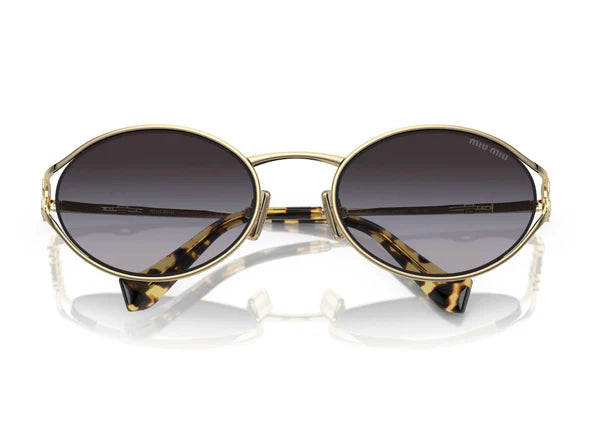Living with eye floaters or spots

There are lots of ways people describe eye floaters: rings, transparent material, black or grey specks, spots, shapes, cobweb-like strands or clouds which move across your vision. However they look to you, eye floaters can be irritating and in some cases they can affect your vision. The good news is they’re often a harmless, albeit annoying, part of getting older.
If you’re starting to get eye floaters, it’s a good idea to book an eye test to make sure it’s not a sign of another eye problem.
Symptoms of eye floaters?
They come in different shapes and sizes, but one sure-fire sign of an eye floater is the way they move away when you try to look at them. It’s not uncommon to try to swat a fly or mosquito only to realise it’s moving with your eyes.
You’re more likely to notice floaters when you’re looking at a plain bright background like a white wall or the bright sky. If you develop a lot of eye floaters quite suddenly and you’re seeing flashes of light as well – it’s important to see an optometrist or eye specialist quickly as it could be a sign of a retinal tear or detachment.
What does vision with eye floaters look like?
Click and drag the image below to see how eye floaters can affect your vision.
Healthy vision
What causes eye floaters?
Eye floaters are actually tiny collagen fibres which clump together casting a shadow in your vision. These fibres are part of the jelly like substance which fills your eye (the vitreous humour), which becomes more liquid with age.
In most cases, eye floaters are simply a common and normal part of the aging process, but they can be caused by an eye injury, infection, inflammation, or retinal tear.
How to treat eye floaters
In most cases eye floaters will settle by themselves within a few weeks or months, or you simply get used to them. If floaters are affecting your vision, you might consider surgery or laser therapy. But both options come with risks and are usually only performed in serious cases.
While you might not be able to prevent everything, there are some simple things you can do to take care of your eyes.
Eating a healthy diet, drinking plenty of water, protecting your eyes from the sun and getting regular eye tests can help to keep your eyesight in good shape throughout your life.

We're here to help
Ask your optometrist if you have any questions about eye floaters or spots or book an appointment today.
You might also like read...
View all-
Understanding astigmatism
There’s a good chance you’ve heard of astigmatism before. It’s a common eye condition that causes blurred vision, discomfort in your eyes and headaches.
Eye conditionsUnderstanding astigmatism
There’s a good chance you’ve heard of astigmatism before. It’s a common eye condition that causes blurred vision, discomfort in your eyes and headaches.
Read more -
Learning more about cataracts
You’ve probably heard of cataracts – when the normally clear lens of the eye becomes cloudy. It happens because the lens becomes hardened, and it means a gradual decrease in...
Eye conditionsLearning more about cataracts
You’ve probably heard of cataracts – when the normally clear lens of the eye becomes cloudy. It happens because the lens becomes hardened, and it means a gradual decrease in...
Read more -
The ins and outs of colour deficiency
You might know colour deficiency by its other name – colour blindness. This name isn’t technically correct, as most people living with colour deficiency can actually still see colours.
Eye conditionsThe ins and outs of colour deficiency
You might know colour deficiency by its other name – colour blindness. This name isn’t technically correct, as most people living with colour deficiency can actually still see colours.
Read more




